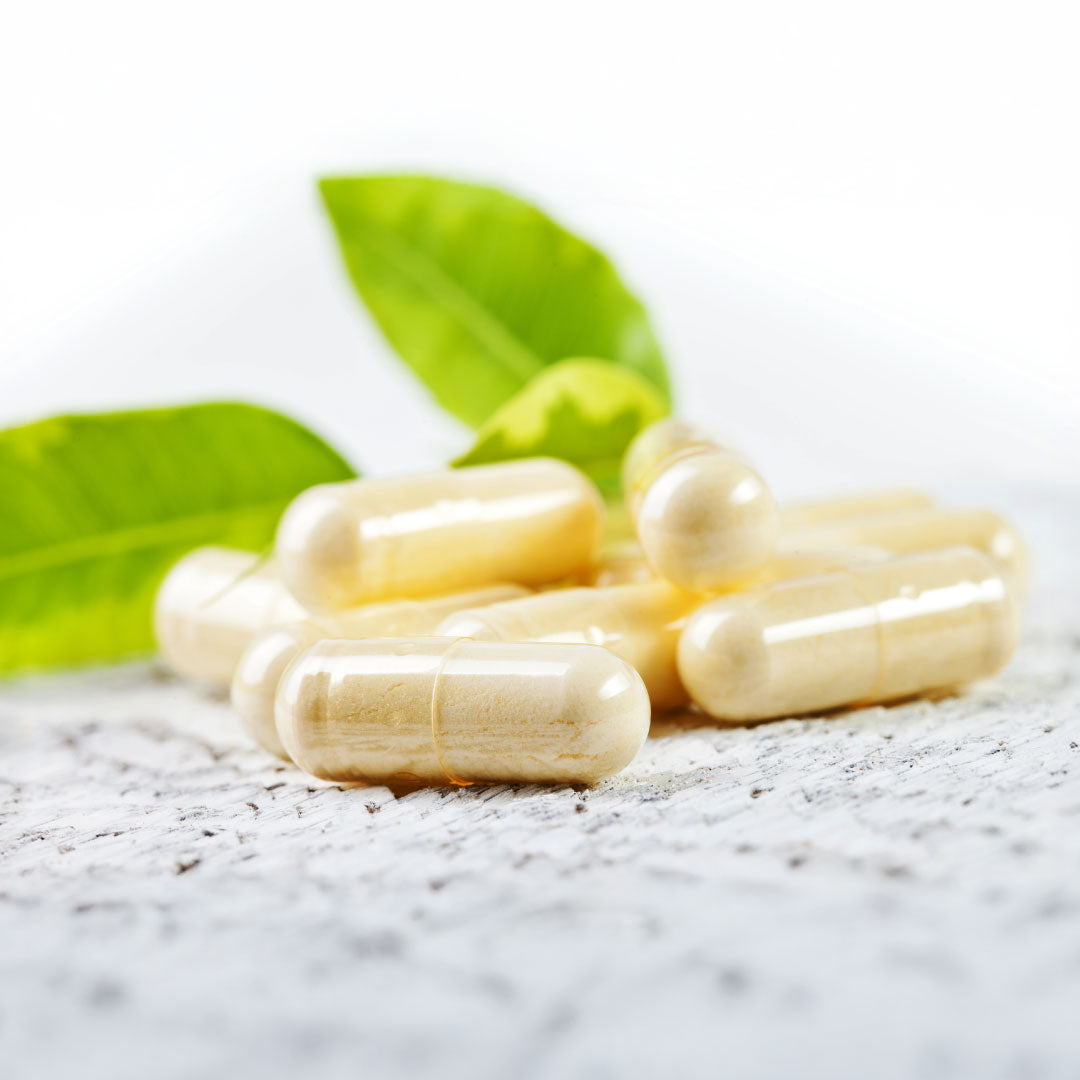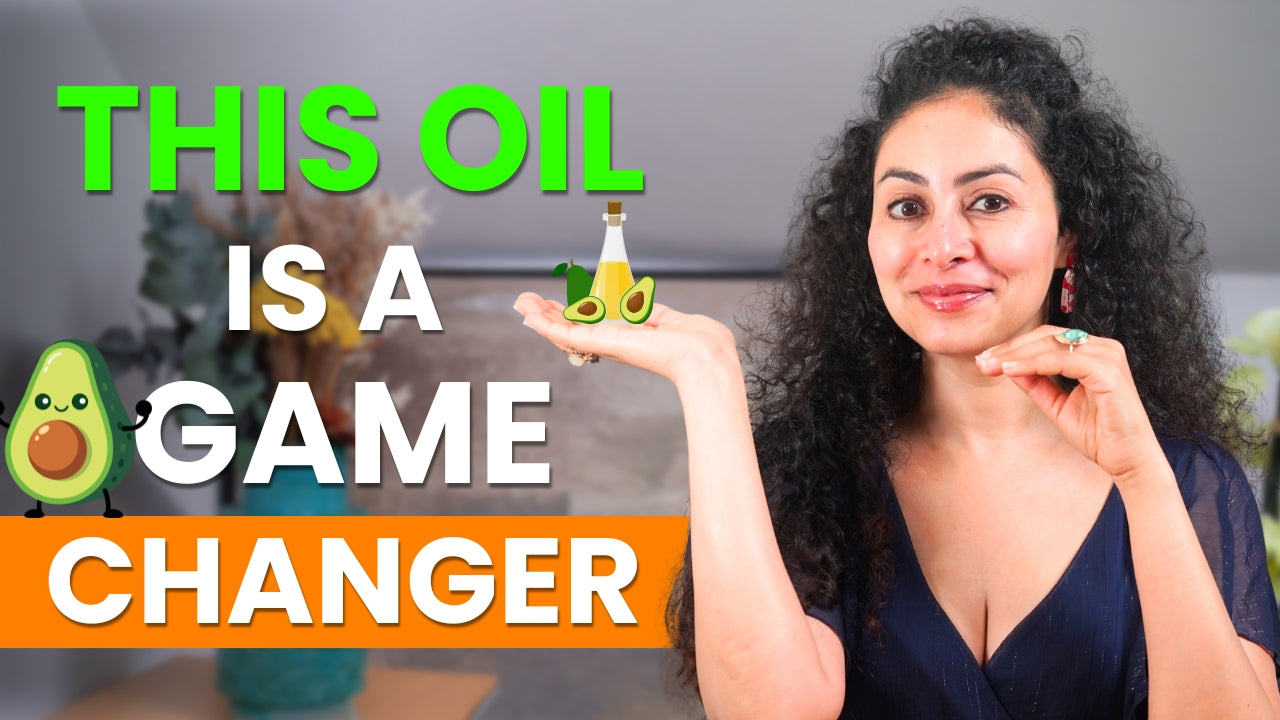Magnesium is one of those nutrients that rarely gets the spotlight, yet it quietly supports almost every system in your body. It helps you relax, strengthens bones and muscles, calms the nervous system, and even plays a role in blood sugar regulation.
And yet, so many of us are deficient, not because we don’t care, but because most supplements don’t give us nearly enough.
Why Magnesium Matters
Magnesium is often described as the “relaxation mineral.” It activates the parasympathetic nervous system, which slows the brain down, calms the nerves, and helps you rest and sleep more deeply.
It’s also essential for:
-
Muscle function – preventing cramps and tension
-
Bone strength – working hand-in-hand with calcium and vitamin D
-
Blood sugar balance – supporting steady energy and fewer crashes
-
Nerve health – keeping signals flowing smoothly
Because magnesium is water soluble, your body can’t store it for long. That means you need to top it up daily. The average adult needs around 375mg per day, but most supplements only cover a fraction of that.
Why Supplements Often Fall Short
Ever looked closely at your magnesium supplement? Many bottles deliver only 60% of your Nutrient Reference Value (NRV) and often cost £15–20. The simple reason? Capsules can’t physically hold enough to meet your full daily needs.
So, what’s the smarter choice? Whole food.
Pumpkin Seeds: A Magnesium Superfood
After some nerdy digging, I found the champion of magnesium-rich foods: pumpkin seeds.
-
100g of pumpkin seeds → 535mg magnesium (that’s 125% of your daily requirement!)
-
A 30g handful → around 160mg magnesium, or nearly half your daily needs
That’s impressive for such a simple, crunchy snack.
Raw vs. Roasted: Which is Better?
Raw pumpkin seeds do contain slightly more magnesium, but they also come with phytic acid, a natural compound that can block mineral absorption.
Here’s how to get the best of both worlds:
-
Lightly roast pumpkin seeds at 170°C for no more than 10 minutes. This breaks down phytic acid, making magnesium easier to absorb.
-
Avoid burning or over-roasting, as high heat destroys nutrients.
-
Check the label when buying roasted seeds — look for dry roasted, with no added oils or salt.
For even better digestibility, you can soak pumpkin seeds overnight to reduce phytic acid further. But honestly? A light roast or a quick sprinkle over meals is more than enough for most of us.
How to Boost Absorption
Magnesium is best absorbed in small, regular doses rather than all at once. Instead of eating a big bowl of seeds, sprinkle them throughout your day:
-
Add to salads for crunch
-
Blend into smoothies
-
Stir into yogurt or overnight oats
-
Snack on a handful in the evening
A personal favourite? Eating them 1-2 hours before bed to support relaxation and better sleep.
Why I’m Obsessed With Magnesium
As someone who has struggled with sleep, magnesium became my go-to evening ritual. Within an hour or two of eating pumpkin seeds, I feel calmer and more ready to rest. It’s like a natural switch into “relax mode.”
And unlike expensive supplements, pumpkin seeds are affordable, accessible, and versatile.
A Bonus Kitchen Tip
For even more support with metabolism and energy, I take Apple Cider Vinegar Capsules before meals. Research shows they can reduce insulin spikes by up to 30%, which means steadier blood sugar, fewer cravings, and better fat metabolism.
It’s a small daily habit that complements magnesium beautifully.
Final Thoughts
Magnesium is a quiet hero, but without it, your body simply can’t function at its best. While supplements have their place, pumpkin seeds offer a delicious, natural, and powerful way to meet your needs.
Sprinkle, snack, or stir them into your meals, your nerves, muscles, and sleep will thank you.
--Written by Hala Ali, founder of Dietapplements















